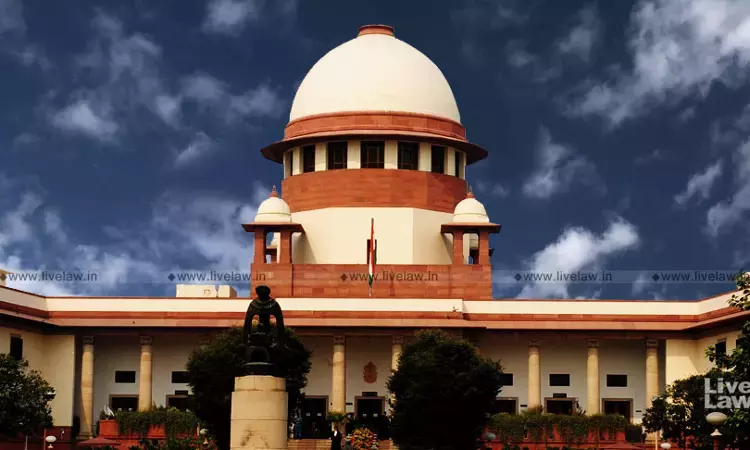
Supreme Court: Unless it affects voting, candidates are not required to reveal every item of movable property they own
Last Updated on April 9, 2024 by News Desk
Issue:The Supreme Court’s decision about the scope of a candidate’s duty to provide personal assets and information in the interest of electoral transparency and the right to privacy, especially with regard to moveable property.
Facts: The Supreme Court ruled in the Karikho Kri v. Nuney Tayang case that voters do not have a right to know every detail of a candidate’s personal life unless it has a substantial impact on their choice to vote. Judges Aniruddha Bose and PV Sanjay Kumar made it clear that candidates are not required to reveal specifics about moveable property unless it has significant value and might influence voters’ decisions.
Arguments: The Court noted that a candidate has a right to privacy and concluded that not disclosing all of one’s moveable assets does not always indicate a flaw. It emphasized that every case had to be assessed according to its own set of circumstances. Kri defended his election by saying he didn’t know about some assets that weren’t directly his own and questioned the need to reveal small things like stationery or clothes.
Reasoning of Judgment: The Court reversed the decision of the Gauhati High Court while upholding the legitimacy of Karikho Kri’s election. It emphasized the necessity for a case-by-case evaluation and rejected the idea that each non-disclosure equates to a significant flaw. The candidate’s right to privacy was affirmed by the Court, which also stressed that disclosures could only be considered corrupt practices if they have the potential to significantly alter the outcome of the election or constitute undue influence.
Conclusion: The Supreme Court’s decision creates a balance between a candidate’s right to privacy and election transparency. It clarifies that not every omission is a significant flaw and establishes a precedent for assessing the importance of wealth declaration in elections. This ruling provides advice for future cases and emphasizes the significance of contextual examination in evaluating voting integrity.
Written By: Nikita Shankar @nikitaashankar




